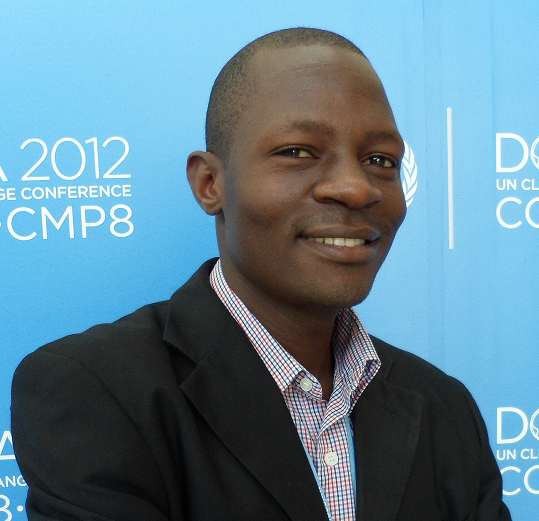Doha has proven to be a doom for the poor
20 December 2012

Sixbert Simon Mwanga
Climate Action Network-Tanzania
The 18th session of the United Nations Framework Convention on Climate Change (UNFCCC),Conference of Parties (COP) and the 8th session of the Conference of the Parties serving as the Meeting of the Parties to the Kyoto Protocol (CMP) has concluded in Doha, Qatar on the 9th of December, 2012.
Civil Society Organizations and delegates from developing countries have clearly shown their concern with the outcomes of the negotiations. The critical areas of concern include low ambitions to cut hot air, the length of the second commitment to Kyoto Protocol with so many loopholes and difficult to implement and a lack of commitment to provide climate finance to operationalize the green climate fund. The conference also failed to deliver on technology issues which developing countries and African countries need to adapt and mitigate the effects of climate change.
These decisions and commitments have many negative implications to the developing countries: migration (especially for climate change refugees), increasing poverty, frustrations, dejections, and deaths, all of which spell an infringement of the right to live. Being my first COP, I saw how respected leaders from developed countries failed to show leadership and political will in addressing the structural issues that have caused climate change.
We praise the African and developing countries delegates for standing firm and in union on damage and loss issues. For the first time, loss and damage have been accepted and international mechanisms have been set to address them. If there is one thing that we have achieved, it is work on loss and damage.
Some issues have been postponed, as usual. By postponing important issues like technology transfer and finance to the next COP, it has proven COP18 to be the doom for the poor. During this postponement and the slow creation of work programmes, we should know that communities are suffering from climate change. Therefore, it is unacceptable to procrastinate in making these important climate decisions.
For us who are already affected by climate change, an hour-long delay to take action feels like ten years. We find no reason for world leaders to attend the COPs while their aims are to delay actions on the negative impacts they have caused while struggling to develop their regions.
We see this as dividing the world on the efforts to fight our “common” enemy: climate change and its impacts. Scientists with their reports are disregarded; affected people in developing countries are seen as nothing while developed countries are not committed to pursuing sustainable development. They continue to invest in development pathways that are negative to the environment. We call upon leaders from developed countries to remember the role they played in emitting billions of tonnes of greenhouse gases and the necessary political will and leadership needed to emission cut targets. This is required by science to save our one and only home called the Earth.

